Special Subjects
World Language
The World Language program fosters understanding and an awareness of our world through the study of foreign languages and cultures. Children study German in First through Fifth Grades, beginning with poetry, songs, drama, verses and games. They undertake Spanish in Middle School, Sixth through Eighth Grades. At Berkshire Waldorf High School, they may choose German or Spanish language tracks, which include optional international travel.
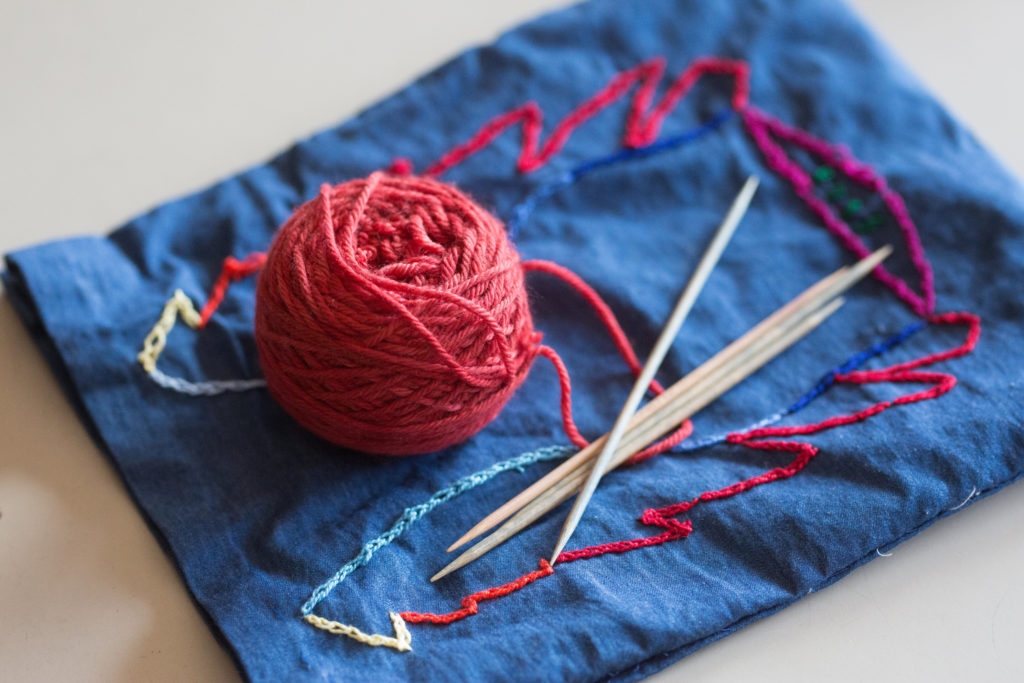
Handwork
Handwork is an essential element of Waldorf Education. While learning to make practical and beautiful things, from hand-knitted socks to outdoor vests, the children develop patience, persistence and creativity as well as manual dexterity and an appreciation for natural materials.
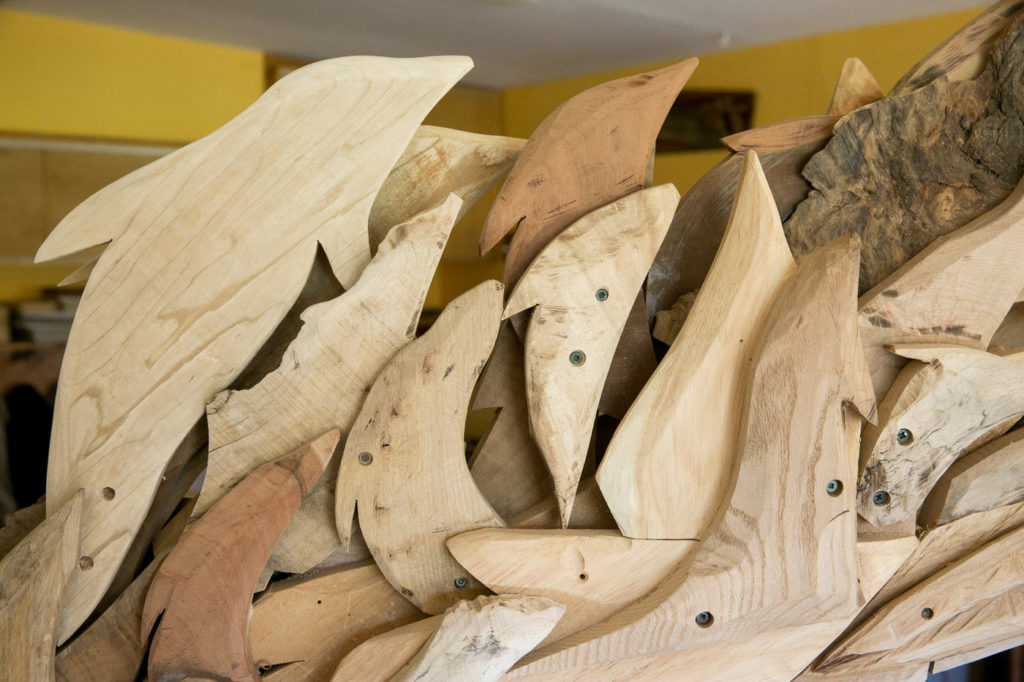
Woodwork
Woodwork begins in grade four and, like handwork, encourages an appreciation for hard work and for authentic handmade objects. The careful carving of a spoon or a bowl gives our students a sense of accomplishment and pride that stays with them throughout their lives.
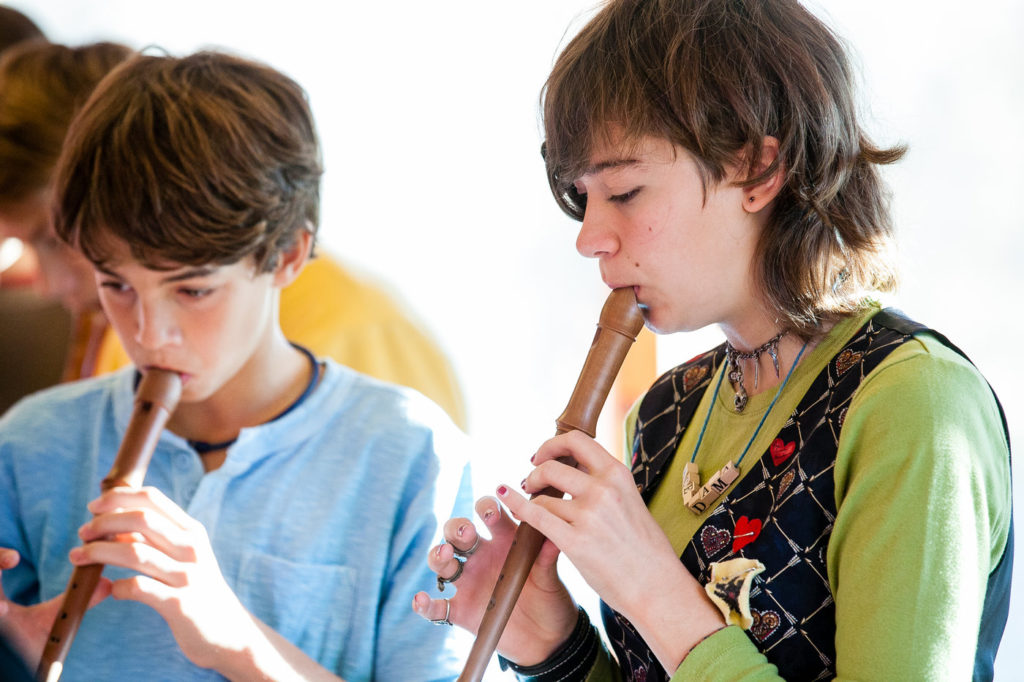
Music
Music is a part of every school day and it is not at all unusual to hear an exuberant group of students break into song on the bus or the playground. From grade one, all students sing and play the recorder; music and technique become more demanding as the years progress. In third grade children have the opportunity to join a beginner violin or cello group lesson and from fourth grade on children participate in a variety of orchestral and choral ensembles.
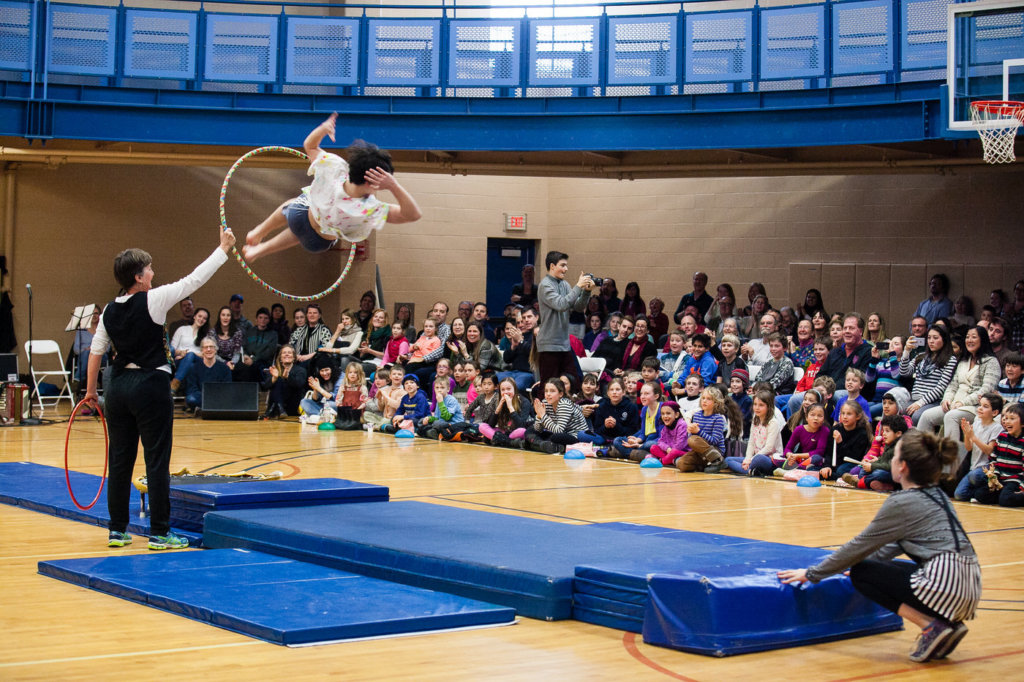
Physical Education
The Physical Education Program begins in the early grades with games that foster physical confidence and healthy play. As children mature, the focus shifts to team building and the improvement of individual skills, and eventually to competitive sports.
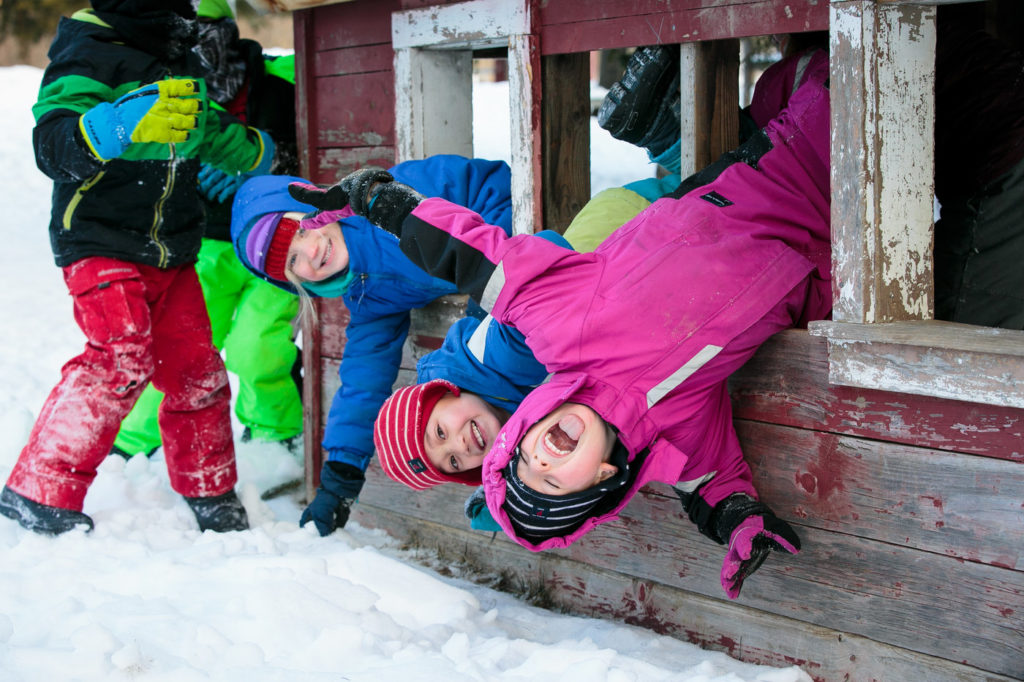
Outdoor Education
The school offers an Outdoor Education Program during the fall and spring, including rock-climbing and caving. Seventh graders attend the Camp Glenbrook in New Hampshire for a week of intensive outdoor challenge experiences. Read more about the seventh grade trip in Beyond The Classroom.
Eurythmy
Eurythmy is an art form created by the founder of Waldorf Education: Rudolf Steiner. In Eurythmy the inner structures of music and language are given expression. Children step and clap rhythms and move in geometric patterns as they explore tone, pitch, rhythm and the elements of grammar. The weaving together of stories, poetry and music with movement brings balance to the children’s inner development and to their interactions with each other.
“When a person expresses what lives in his soul through language and singing, then he is engaged with his entire being. To a certain extent, he has the tendency to move with his entire body…. The movements of Eurythmy are derived from the entire human organism, just as lawfully as is speech or song….Eurythmy has little to do with the arbitrary as do speech and song. It makes just as little sense to say that random gestures are preferable in eurythmy as that chance notes or chance sounds are better than the sounds that arise out of the lawful structure of speech and music. Eurythmy is not to be confused with the dance. One can move eurythmy to that which is musical at the same time as it is sounding. This is not dancing to the music; it is singing visibly.”
from Rudolf Steiner on the Art of Eurythmy, 1923
Library
The School Library has a fine collection of books, including children’s literature classics, nonfiction and foreign language books. Children in grades three and up have a library class once a week and are required to present oral book reports as well as written reports. In the upper grades, students learn library systems and research skills. Care is taken by the teachers to cultivate a life-long enthusiasm for reading and studying.







